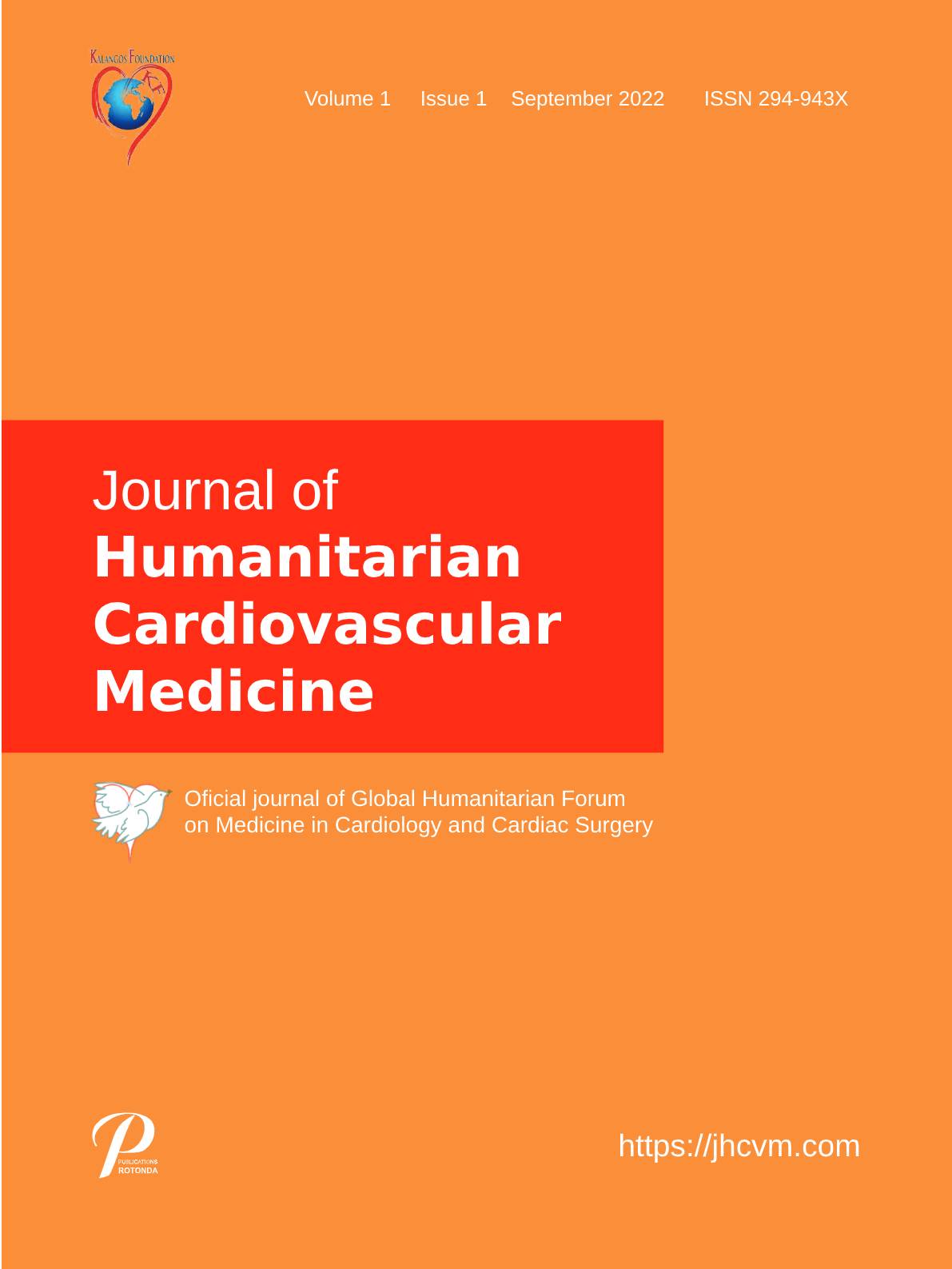New Knowledge from Research – Can Global Congenital Cardiac Surgery Play a Part? A Call for International Collaboration
Abstract
Over 1.3 million babies are born each year with congenital heart defects (CHD), with the highest incidence in low-income countries (LIC) and low-middle income countries (LMICs) (Fanaroff., 2012). The Lancet Commission on Global Surgery found that surgically treatable conditions make up 28-32% of the total global burden of diseases, of which most are cardiovascular diseases (Meara et al., 2015). Currently, high-income countries (HICs) undertake mission trips to LICs and LMICs to provide surgical care for those who otherwise would not have access. These trips also provide an opportunity to train the local surgical teams. It has been proposed that there should be a shift in thinking from ‘humanitarian surgery’ to ‘global surgery’, as this benefits both the provider and the receiver. With this change, we should address several limitations in our current infrastructure, including but not limited to, the lack of international research collaboration, the need for globalising and scaling up the paediatric cardiac surgical workforce, offsetting greenhouse gas emissions from mission trips, and opportunities for mentorship and training in LICs.
Article Details
- How to Cite
-
Jeevan Francis, J., George, J., & Stoica, S. (2022). New Knowledge from Research – Can Global Congenital Cardiac Surgery Play a Part? A Call for International Collaboration. Journal of Humanitarian Cardiovascular Medicine, 1(1). https://doi.org/10.12681/jhcvm.30091
- Section
- Review Articles
- Categories

This work is licensed under a Creative Commons Attribution-NonCommercial-ShareAlike 4.0 International License.
This work is licensed under a [Creative Commons Attribution-NonCommercial-ShareAlike 4.0 International License|https://creativecommons.org/licenses/by-nc-sa/4.0/]. Authors who publish with this journal agree to the following terms: # Authors retain copyright and grant the journal right of first publication with the work simultaneously licensed under a CC-BY-NC-SA that allows others to share the work with an acknowledgement of the work's authorship and initial publication in this journal. # Authors are able to enter into separate, additional contractual arrangements for the non-exclusive distribution of the journal's published version of the work (e.g. post it to an institutional repository or publish it in a book), with an acknowledgement of its initial publication in this journal. # Authors are permitted and encouraged to post their work online (preferably in institutional repositories or on their website) prior to and during the submission process, as it can lead to productive exchanges, as well as earlier and greater citation of published work (See [The Effect of Open Access|http://opcit.eprints.org/oacitation-biblio.html]).



